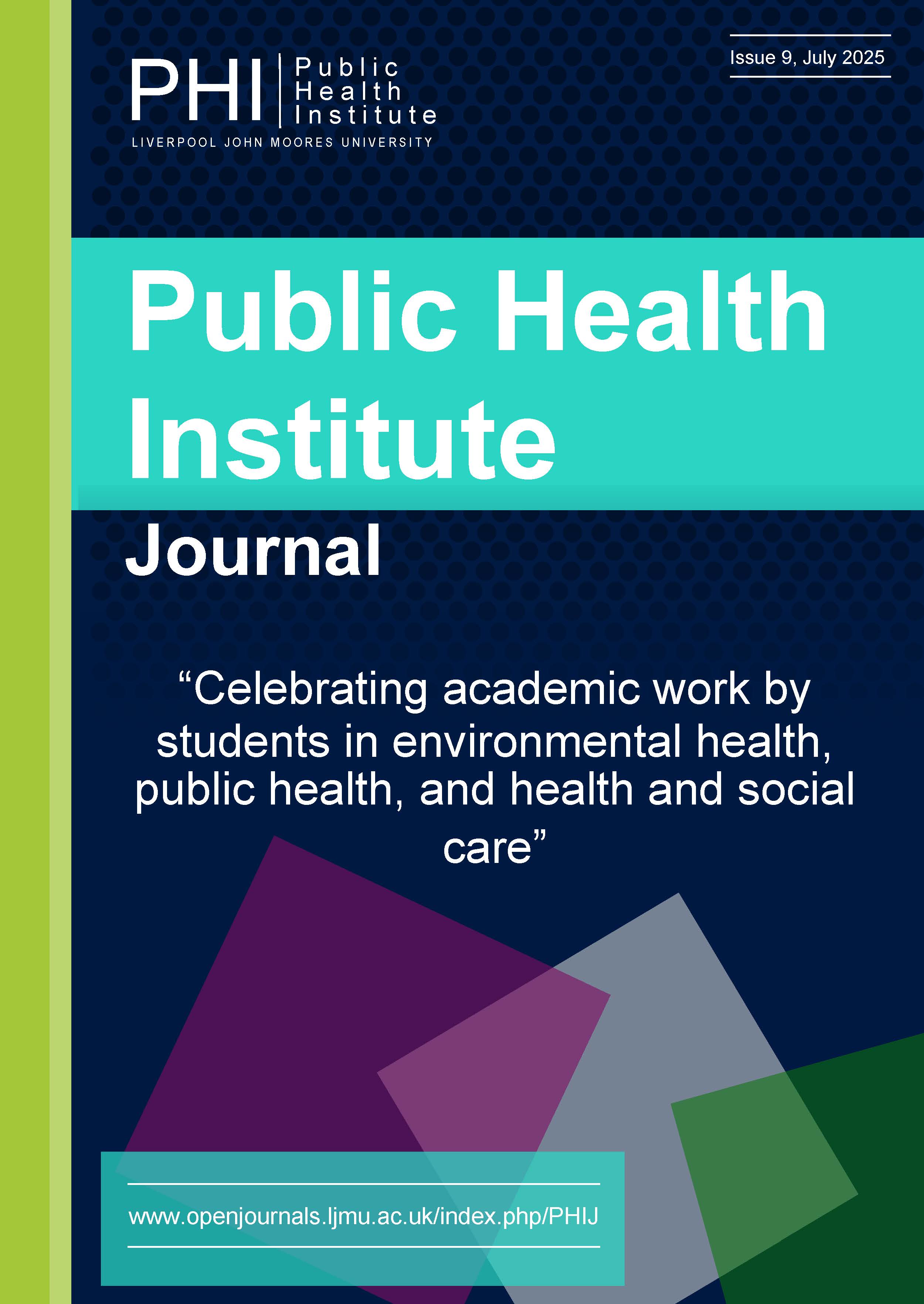A qualitative study exploring educators’ awareness and strategies for supporting neurodiversity among students at LJMU
Keywords:
Neurodiversity, Inclusion, Accessible Accommodations, Autism, Attention-Deficit/Hyperactivity Disorder (ADHD), Dyslexia, PoliciesAbstract
This study investigated neurodiversity in higher education (HE), with a primary focus on lecturers’ understanding and strategies for identifying the support that neurodiverse students require and receive. Neurodiversity is a topic that includes conditions such as autism, attention-deficit / hyperactivity disorder (ADHD) and dyslexia which are recognised as a natural variation in cognitive functioning. The research explored how policies and teaching practices influence the educational experiences of neurodiverse students. The main research questions addressed are based on what level of understanding educators have about neurodiversity in HE and what strategies and barriers exist when aiming to create an inclusive environment in support of neurodiversity. A qualitative approach was used which involved interviewing five educators in various academic job roles that are employed by LJMU. Ethical considerations were prioritised with participants providing informed consent. The interviews encouraged the participants to define neurodiversity and describe the strategies used for inclusion, to identify the recurring themes and challenges within the institution.
The study found that fostering a neurodiverse academic environment in HE necessitated policy use, as well as an understanding and acceptance of neurodiverse students. It advised that training programmes should be created, flexible teaching methods should be implied with suitable feedback mechanisms to successfully facilitate the promotion of and commitment to neurodiversity in HE. The study highlighted the critical role for tailored support strategies when accommodating neurodiverse students in HE. It identified the barriers effectively, which included stigma and lack of awareness in education that can affect practice. Promoting collaborative feedback and allocation of resources allows institutions to create an inclusive environment and to enhance educational experiences, ensuring equitable access to learning for all students and offering a continuous professional development for enhanced access.
Published
Issue
Section
License
Copyright (c) 2025 Martyna Salbut

This work is licensed under a Creative Commons Attribution 4.0 International License.
Authors retain copyright and grant the journal right of first publication with the work simultaneously licensed under a Creative Commons Attribution License that allows others to share the work with an acknowledgement of the work's authorship and initial publication in this journal.


